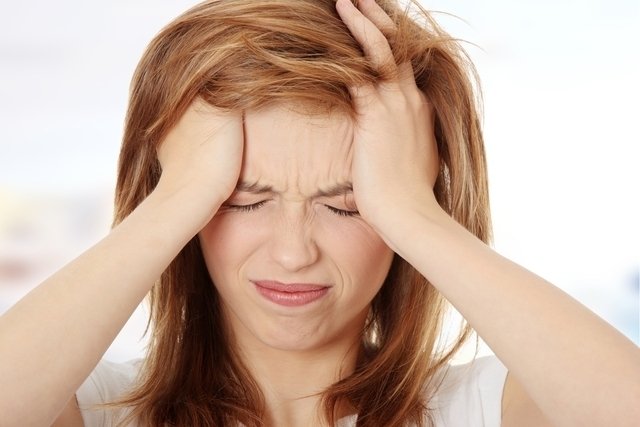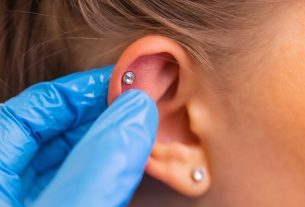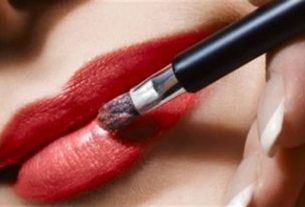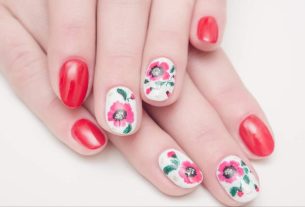To combat hair loss caused by stress, you should eat an anti-inflammatory diet including fish, citrus fruits or nuts, or medications and vitamin supplements that can be prescribed by your dermatologist, such as finasteride or Pantogar, for example. These remedies help combat hair inflammation, improve blood circulation and provide the hair with the necessary conditions for its development and growth.
Hair loss is one of the most common symptoms of stress that can cause an increase in the hormone cortisol in the bloodstream, affecting digestion and absorption of nutrients in the body, causing an imbalance of vitamins and nutrients essential for the growth and strengthening of hair, causing hair to fall out. See other causes of hair loss.
Furthermore, coronavirus infection can cause physical and emotional stress and cause a condition called telogen effluvium, characterized by widespread hair loss on the scalp and interruption of hair growth and, therefore, COVID and hair loss have been associated after coronavirus infection. Understand better what telogen effluvium is.
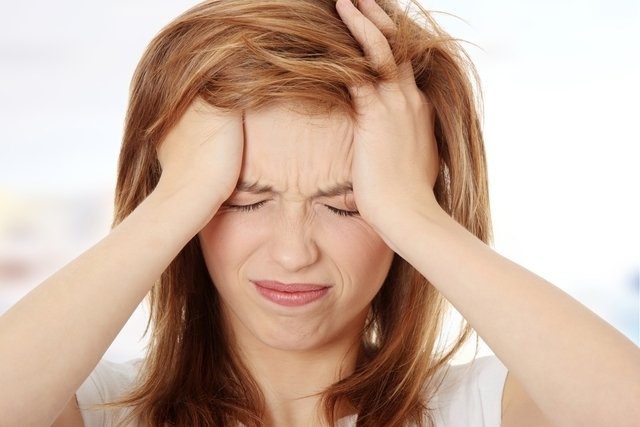
Some options to combat hair loss caused by stress are:
1. Taking medicine or dietary supplements
Medicines, such as finasteride or spironolactone, and dietary supplements such as Pantogar or Lavitan, used for hair loss caused by stress, help to reduce inflammation in the scalp or provide the nutrients necessary for hair growth and should be used with dermatologist’s recommendation. See all the options for remedies and dietary supplements for hair loss.
Other options for remedies for hair loss caused by stress, which may be recommended by your doctor, are lotions or shampoos for use on the scalp, such as minoxidil or alfaestradiol, as they help nourish and stimulate blood circulation in the scalp, and can be used together with other medicines to enhance the effects.
2. Eat a nutritious diet
A nutritious diet for hair loss caused by stress must include foods rich in proteins, vitamins B, C and E, minerals such as zinc and good fats such as omega 3, as they have anti-inflammatory and antioxidant action, in addition to providing the necessary nutrients to hair preservation, helping to build new strands and prevent hair loss.
Some foods that should be included in the diet for hair loss caused by stress are meat, fish, milk, yogurt, cheese, citrus fruits or nuts, for example. See the complete list of foods for hair loss.
Furthermore, a good option to increase your consumption of good foods to prevent hair loss is to prepare a juice with carrots, oranges and flax seeds, as they are rich in nutrients that combat scalp inflammation and hair loss. .
Watch the video with nutritionist Tatiana Zanin, with a vitamin recipe to strengthen hair and combat hair loss caused by stress:
3. Practice physical activities
Physical activities help reduce the amount of cortisol in the blood, the stress hormone, and release endorphins, which are substances released by the body related to a feeling of well-being.
To obtain the benefits of physical activity and combat hair loss caused by stress, you must do at least 30 minutes of physical activity daily, such as running, walking, dancing or cycling, for example.
Additionally, you can do relaxation exercises such as yoga or tai chi chuan, and practice hobbies such as photography, drawing or gardening, as they help combat stress and reduce hair loss.
But to improve the health of your hair, it is also advisable to avoid tying wet hair to avoid rotting the roots and whenever you wash your hair, completely remove the shampoo and conditioner. If your hair is dry, you can apply a layer of styling cream to remove knots and hydrate, preventing the hair from falling out too much when combing.
4. Go to therapy
Going to therapy helps to calm down and find emotional balance, as it allows you to identify what is causing stress, such as dissatisfaction with work, conflicts with colleagues, difficulty managing your own time or relationship problems, for example, and in this way helps to combat hair loss caused by stress.
This therapy must be done with a psychologist or psychotherapist, to guide and help find solutions to reduce stress.
5. Sleep 8 hours a night
Sleeping at least 8 hours a night can also help combat hair loss caused by stress, because when you don’t sleep well, cortisol levels increase, causing excessive tiredness and stress, leading to hair loss.
Therefore, it is important to sleep 8 hours a night to regulate cortisol levels and prevent stress and hair loss.
Watch the video with nurse Manuel Reis with tips for sleeping well and combating stress:
Why does hair loss occur after COVID-19?
Post-COVID-19 hair loss has been reported by people who have become infected with the coronavirus and may be related to a condition called telogen effluvium, caused by the physical and emotional stress of the disease. This condition leads to widespread and progressive hair loss that can occur about 3 months after the stress episode and usually lasts about 6 months. (1,2).
Understand better what telogen effluvium is.

Sign up for our newsletter and stay up to date with exclusive news
that can transform your routine!
Warning: Undefined array key "title" in /home/storelat/public_html/wp-content/plugins/link-whisper-premium/templates/frontend/related-posts.php on line 12
Warning: Undefined array key "title_tag" in /home/storelat/public_html/wp-content/plugins/link-whisper-premium/templates/frontend/related-posts.php on line 13

